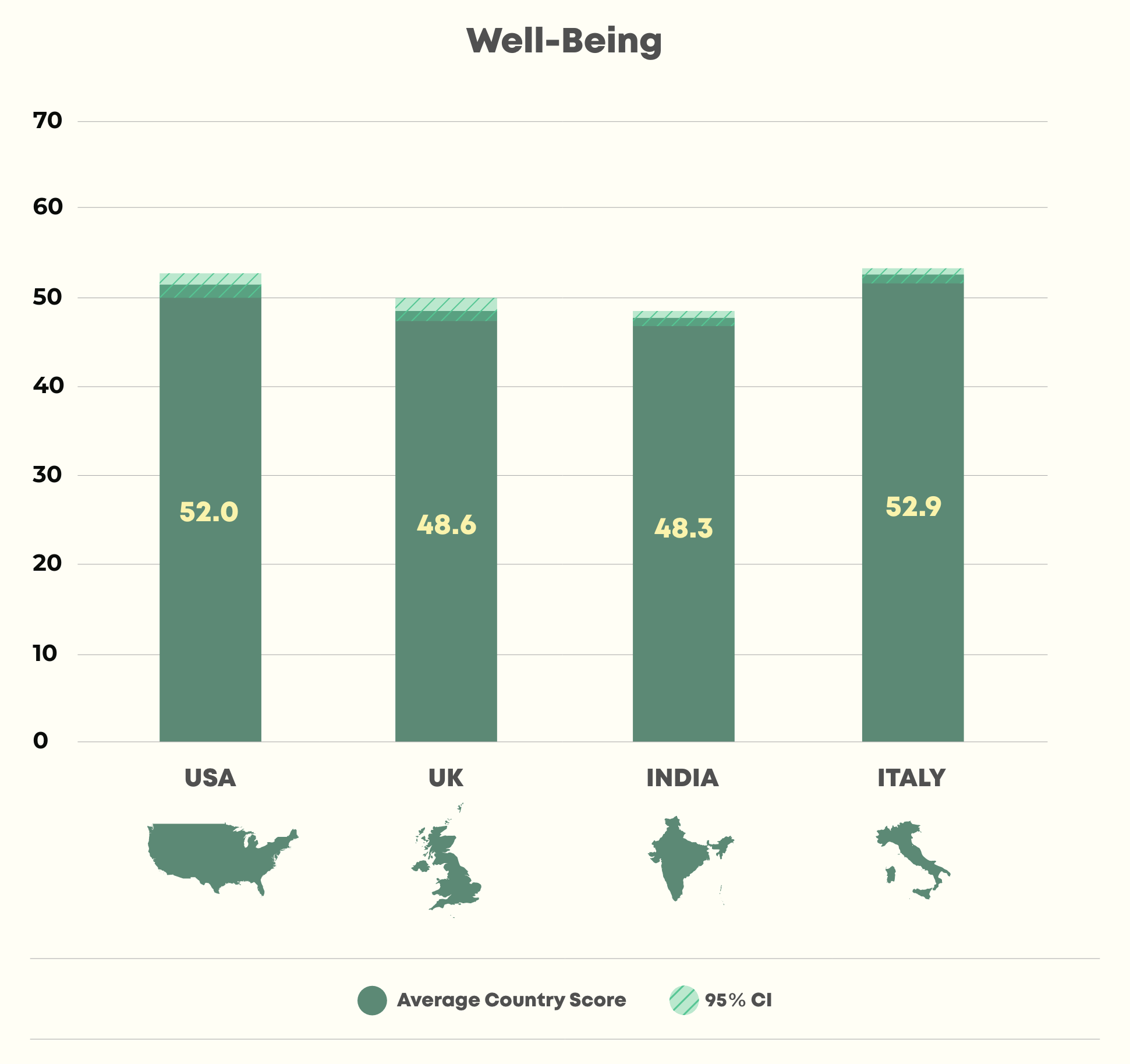




The COVID-19 pandemic has adversely affected scientists both personally and professionally
– 62% of scientists report that the pandemic has worsened their mental health
– 51% of scientists have seen an increase in mental health challenges among colleagues
– 43% of scientists report that the pandemic has worsened their physical health
– 43% of scientists say that their work feels more stressful than before
Well-Being in Science
Scientific and academic institutions must take steps to address the continued mental health toll of the pandemic. These effects are likely more pronounced in less well-resourced institutions and among minorities in the scientific community. Our findings also suggest the urgency to address mental health concerns among postgraduate students and early-career scientists.
Gender Inequality in Science
While scientific institutions around the world have made strides in addressing gender inequality over the years, the present study’s findings make it clear that more work remains to be done. This is a pressing task since the disadvantages suffered by women scientists include a mental health toll that diminishes the vitality of the scientific enterprise.
